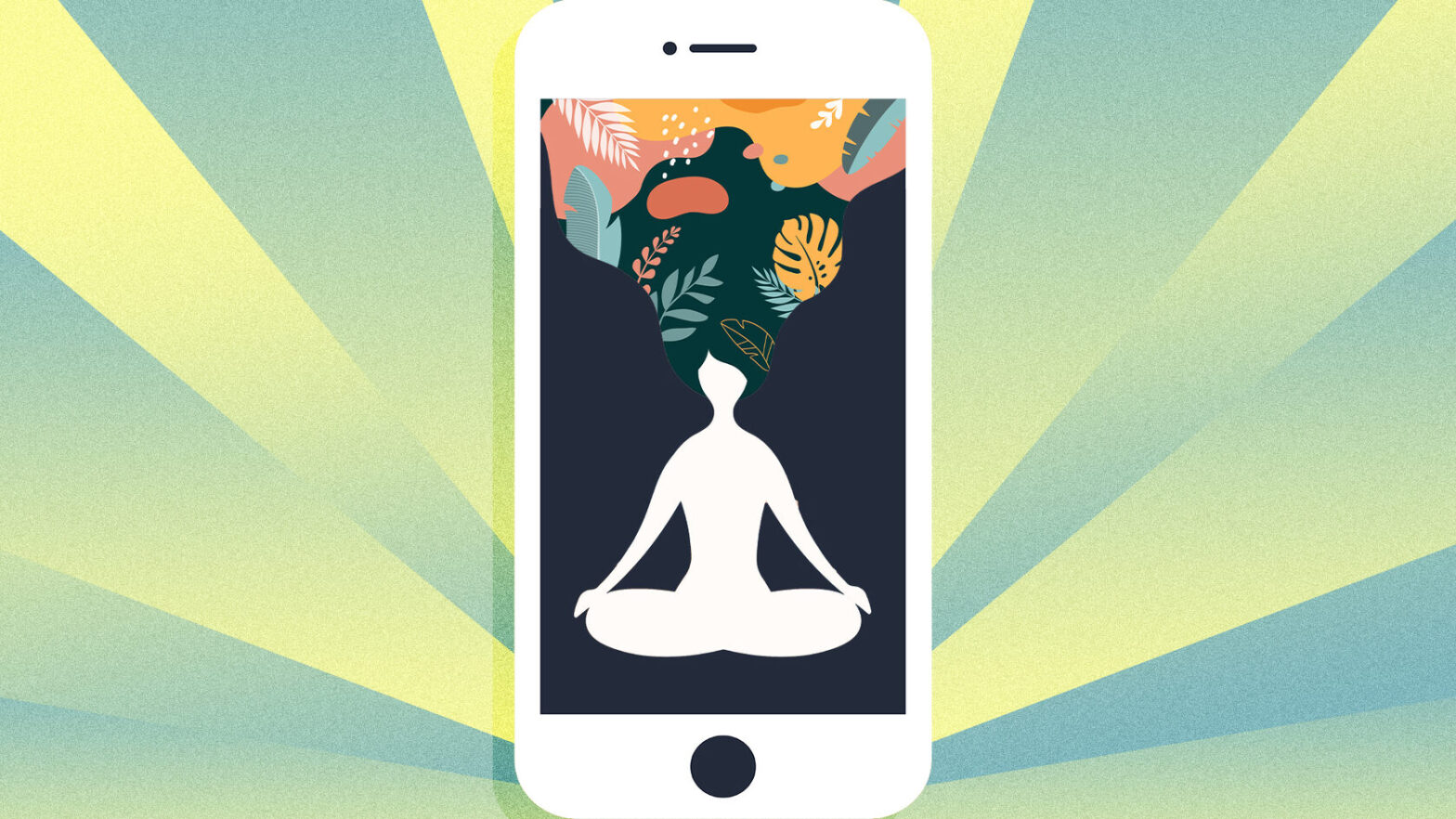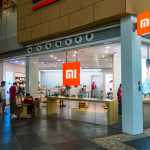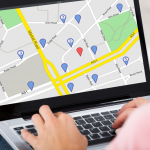Top Trends In Mental Health Applications

Among the various types of mobile applications available for people with mental health concerns, there are a few that stand out as being particularly effective. These include clinical and diagnostic apps, meditation and mindfulness applications, and mobile mental health applications for anxiety and depression. Currently, the concept of a mental health mobile app is a very new one, and it is common to see many developers working on the idea of such an application.
Here Are A Few Trends For Mental Health Applications:
Mobile Applications For Depression
Behavioral economics techniques have shown promise in improving adherence to diabetes medication, and app-based interventions have also shown promise in improving outcomes for anxiety and depression. However, the efficacy of apps is still unclear. In order to better understand the clinical impact of mobile applications on mental health, a systematic review of the literature was conducted.
The study reviewed the effects of smartphone apps on anxiety and depression. This systematic review included meta-analysis and a number of randomized controlled clinical trials. The studies involved standalone and guided apps and used various measures of engagement.
Results suggest that standalone smartphone apps effectively treat mild to moderate depression. Participants assigned to apps with a cognitive training component had the largest overall effect. Information control apps had smaller effects.
Mental Health Tracking Applications
Several organizations and companies are engaged in the development of mental health tracking applications. These are designed to help people fight depression, stress, and other psychological disorders. These apps can also be used by medical practitioners to improve patient care.
The market for mental health tracking apps is projected to grow rapidly over the forecast period. This growth is primarily driven by increasing awareness about digital health technologies.
These apps are useful for individuals who are unable to access traditional care. In addition, they can help boost productivity and promote well-being. A key feature of these apps is their ability to connect patients with mental health professionals. These services also allow users to share their experiences with friends and family.
The use of these apps has increased in several regions of the world. Many people find it helpful to receive reminders about their mood or stress levels. These reminders can also suggest other mental health exercises that may be beneficial.
Mobile Applications For Anxiety
Despite the increasing popularity of mobile applications for anxiety and mental health, there has been relatively little research on their efficacy. The lack of expert input and the absence of governing bodies make it difficult to determine whether the apps on offer are clinically valid.
A recent study focused on the use of mobile applications for mental health interventions. It surveyed almost 50,000 patients. The results showed that some apps were effective. Some had better results than face-to-face therapy. However, other apps offered fake or bogus information. Hence, further studies are needed.
In order to understand how mobile applications for anxiety and mental health work, we conducted a systematic review of the literature. We searched PubMed, Scopus, Web of Science and EMBASE for studies on the effectiveness of mobile apps, identifying 4,999 articles. We also included a few randomized controlled trials and feasibility studies.
Meditation And Mindfulness Apps
Several big tech companies are launching mindfulness and meditation apps. They promise to help restore and rebuild mindfulness and reduce negativity. In addition, they provide an opportunity to connect with others and form support groups.
These applications also include tracking features. In addition, some apps allow users to save important contacts and audio files. These apps can also be used in conjunction with traditional talking therapies.
Headspace is one of the most popular mindfulness and meditation apps. It provides a wide variety of meditations. In addition, it has received high reviews on the app store.
Insight Timer offers nearly 70,000 guided meditations. Users can personalize the app by setting starting and ending bells, as well as ambient sounds. In addition, the app allows users to join and leave live meditation events seamlessly.
Clinical And Diagnostic Apps
Using mobile health apps for mental health has become a popular topic in recent years. However, studies are limited when it comes to measuring patient willingness to use these apps. Instead, most studies have been focused on the technical and organizational aspects of implementing these new tools into the clinical workflow.
While a number of studies have identified technical and organizational barriers, a number of examples also describe the procedures and technologies involved in implementing new digital healthcare interventions. In particular, the integration of apps into the clinical workflow requires a series of adaptions. The challenges are varied, ranging from data security regulations to technical hurdles when exchanging mental health information with patients.
One example of an app that is being used for both diagnostic and treatment purposes is the Moodfit app. It helps organizations and individuals promote healthy work environments and reduce stress. It is free and available for both iOS and Android. Delivering custom reports and advice based on journal data.













